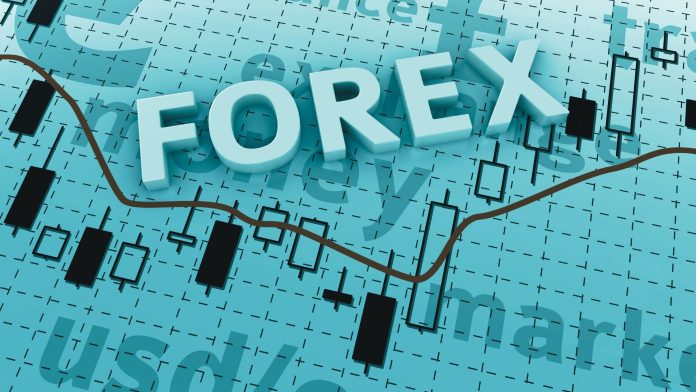Forex trading, also known as foreign exchange trading, is the buying and selling of currency pairs in the foreign exchange market. If you’re interested in trading forex in the United States, there are several important factors and requirements to consider. In this article, we will discuss what you need to know to trade forex in the US.
Regulation and Compliance
One of the most important things to consider when trading forex in the US is regulation and compliance. The forex market in the US is heavily regulated, and traders and brokers must adhere to strict rules and guidelines set forth by regulatory bodies such as the Commodity Futures Trading Commission (CFTC) and the National Futures Association (NFA). It’s important to work with a broker that is registered with the NFA and is a member of the NFA’s regulatory scheme.
Account Funding and Leverage
In order to trade forex in the US, you will need to fund a trading account with a registered forex broker. The minimum deposit required to open an account can vary depending on the broker, but it’s important to have enough funds to meet the margin requirements for the currency pairs you wish to trade. Additionally, it’s important to be aware of the maximum leverage allowed for forex trading in the US, which is currently capped at 50:1 for major currency pairs and 20:1 for all other currency pairs.
Trading Platforms and Tools
When trading forex in the US, it’s important to have access to a reliable trading platform that offers the tools and features you need to analyze the market, place trades, and manage your positions. Many brokers offer their own proprietary trading platforms, while others support popular third-party platforms such as MetaTrader 4 and MetaTrader 5. It’s important to choose a platform that meets your trading needs and preferences.
Market Analysis and Research
Successful forex trading requires a solid understanding of market analysis and research. As a forex trader in the US, it’s important to stay informed about economic indicators, geopolitical events, and central bank decisions that can impact currency prices. Additionally, it’s important to have access to reliable market analysis tools and resources that can help you make informed trading decisions.
Risk Management
Risk management is a crucial aspect of forex trading, especially in the highly leveraged forex market. As a forex trader in the US, it’s important to have a solid risk management plan in place to protect your trading capital and minimize potential losses. This may include using stop-loss orders, setting realistic profit targets, and diversifying your trading portfolio.
Tax Implications
Forex trading in the US has tax implications that traders need to be aware of. Profits from forex trading are subject to capital gains tax, and it’s important to keep detailed records of your trading activity for tax reporting purposes. Additionally, it’s important to consult with a tax professional or accountant who is knowledgeable about forex trading tax laws to ensure compliance with tax regulations.
Education and Training
Before diving into forex trading in the US, it’s important to educate yourself about the forex market and develop the necessary skills and knowledge to trade successfully. There are many resources available, including online courses, webinars, and educational materials provided by brokers, that can help you learn about forex trading strategies, technical analysis, and risk management.
Conclusion
Trading forex in the US requires careful consideration of regulation and compliance, account funding and leverage, trading platforms and tools, market analysis and research, risk management, tax implications, and education and training. By understanding these key factors and requirements, you can set yourself up for success as a forex trader in the US. Remember to always conduct thorough research and due diligence before engaging in forex trading, and consider seeking advice from financial professionals if needed.
